As the midnight of June 25, 1975, marks 50 years since the imposition of Internal Emergency in India—more commonly remembered simply as the “Emergency”—it’s vital to recall not just what happened, but who stood where during this dark chapter.
It all began when, on June 12, 1975, Justice Jagmohanlal Sinha of the Allahabad High Court invalidated the Lok Sabha election of then-Prime Minister Indira Gandhi. At the time, a nationwide youth-led uprising—beginning with anti-corruption student movements in Gujarat and Bihar—was gaining momentum under the leadership of Jayaprakash Narayan. This discontent wasn’t merely a youthful outburst, but a reaction to nearly three decades of Congress misrule, hollow slogans, and increasing authoritarianism under Indira Gandhi’s command-driven Congress.
The Emergency didn’t emerge from nowhere. It was preceded by violent and undemocratic attacks on political opponents, most notably in West Bengal, where the CPI(M) and its affiliates were subjected to brutal repression between 1972 and 1977. Over 1,200 leaders of CPI(M) were murdered, and thousands of its workers were evicted from their homes. This semi-fascist terror, especially in Bengal, Kerala, and Tripura, served as the prelude to the full-scale Emergency. CPI(M) was among the first to recognize this growing trend and, in its 1972 Madurai Congress, warned of the creeping imposition of one-party dictatorship across India.
From June 25, 1975, to March 21, 1977, India endured an extraordinary suspension of democratic norms. But instead of recounting the day-to-day horrors, it’s more urgent today—on the Emergency’s 50th anniversary—to focus on its lasting impacts and poisonous legacies. The Emergency halted India’s democratic evolution and pushed society back toward authoritarian darkness. It broke the faith of citizens in democracy and sowed the seeds for the brutal regime we face today—a regime where communal wolves are crowned, violence is glorified, and murderers are garlanded. One could argue that without June 26, 1975, there may never have been a May 26, 2014, the day Narendra Modi became Prime Minister.
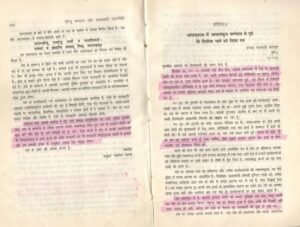
From Declared Emergency to Today’s Undeclared One
Compared to the present, that Emergency almost seems benign. Indira Gandhi at least acted under the legal framework of the Constitution. Today, under Modi’s undeclared Emergency—crafted by the corporate-communal nexus—democracy, freedom of speech, and even the Constitution itself are under siege, without any legal justification.
Back then, censorship of the press was formal. Today, the media is shamelessly compromised. Where once “the press was asked to bend but chose to crawl,” now it grovels and clings to the laces of power. Editors have been replaced by corporate stooges and brokers. Even competing business conglomerates have formed an unspoken alliance to shield each other’s wrongdoings through their media holdings.
Journalists are jailed, accused falsely, even killed in daylight. Critical intellectuals, writers, and thinkers are silenced. After crushing formal media, the Modi regime’s super-censorship now targets informal platforms like YouTube, X (Twitter), Instagram, and Facebook.
Earlier, arrests were made under laws like the Defence of India Rules (DIR) and the Maintenance of Internal Security Act (MISA), which still allowed some judicial oversight. Now, draconian laws like UAPA provide no such recourse. Hundreds have languished in jail for years under false charges. A new criminal code has made police procedures even more ruthless than Emergency-era laws.
The very idea of fundamental rights is frozen. Agencies like ED, CBI, and Income Tax have become instruments of political vendetta. The Election Commission functions like a tethered horse in the BJP stable. Even the judiciary—except rare exceptions—is now being muzzled, something not seen even in 1975.
The ultimate aim of every dictatorship is to smooth the path for capitalist plunder. Even in Indira Gandhi’s Emergency, workers suffered. Bonuses were halved; unions were crushed. But the current undeclared Emergency has gone miles ahead—dismantling labor protections, devastating agriculture, destroying public education, and turning the economy into a desert of joblessness. Universities resemble prison barracks, and mobs are trained instead of enlightened citizens. Women are pushed back into medieval darkness. Democracy is mocked, the Constitution defaced, and despite electoral defeats, the regime remains unshaken in its goals.
The RSS-Jan Sangh: Standing With the Emergency, Not Against It
As the BJP tries to portray itself as the savior of democracy on this 50th anniversary, nothing could be more hypocritical. While it certainly benefited most from the post-Emergency political landscape, the RSS and its political wing—the Jan Sangh—were anything but opponents of the Emergency.
Even while some were imprisoned, they sang praises of Indira Gandhi, wrote apology letters, and begged for clemency. Only the CPI(M), a few socialists, and Sarvodaya activists truly resisted. The writer of these lines personally witnessed RSS men weeping, groveling, and begging in jail.
RSS Chief’s Letters Supporting the Emergency
RSS has institutionalized cowardice to such an extent that even the brave feel isolated. During the British era, it was the same; during the Emergency, it repeated this behavior. The then-RSS chief, M.D. Deoras, wrote multiple letters to Indira Gandhi from Yerwada Jail. In his first letter dated August 22, 1975, he wrote:
“I heard your Independence Day address on August 15. It was balanced and timely. Hence, I have decided to write to you.”
Another letter followed on November 10, 1975:
“All five Supreme Court judges have validated your election. Heartiest congratulations… The RSS has been mistakenly linked to the JP movement and the agitations in Gujarat and Bihar. The RSS has no connection to them.”
When Indira Gandhi ignored him, Deoras turned to Vinoba Bhave—who had called the Emergency a “discipline festival.” On January 12, 1976, Deoras requested Bhave to intercede and convince Indira to lift the RSS ban. When Bhave didn’t respond, he wrote again, begging him to influence the Prime Minister so that RSS members could be released and join her “nation-building” agenda.
These letters are part of public records. The Emergency’s infamous architects—like Sanjay Gandhi and his supporters—were later embraced by the BJP. Maneka Gandhi, Sanjay’s political heir, is now a senior BJP leader. Jagmohan, responsible for the atrocities of Turkman Gate, became a BJP icon.
Lessons Not Learned Are Tragedies Repeated
We must remember the true lessons of the Emergency—not just to understand the past, but to fight the even more ruthless and dangerous undeclared Emergency of today. We must expose these hypocrites. Only then can we save the Constitution, democratic rights, and the future of the working masses and civil society.
It bears repeating: those who do not learn from history are doomed to repeat it—first as farce, then as tragedy.
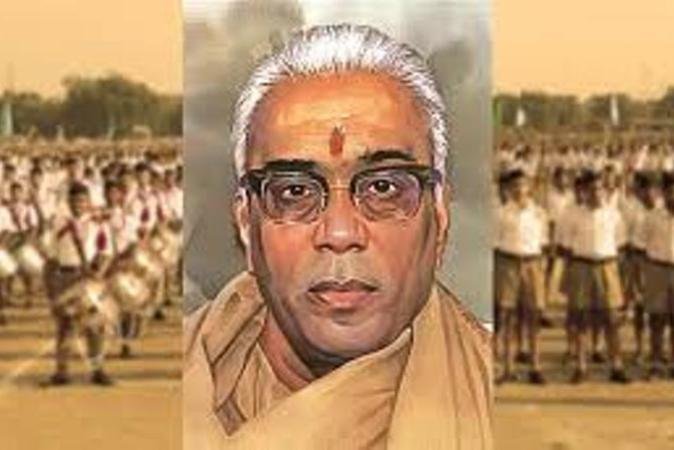
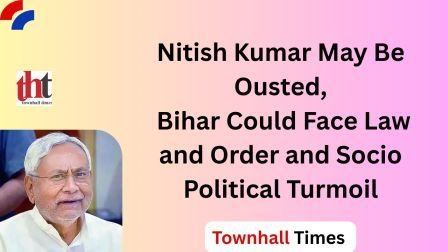
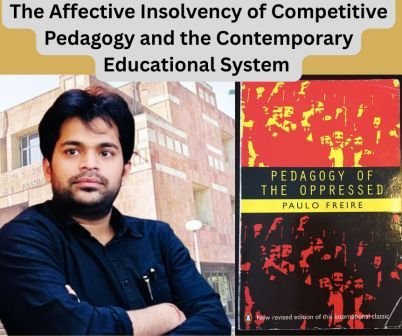

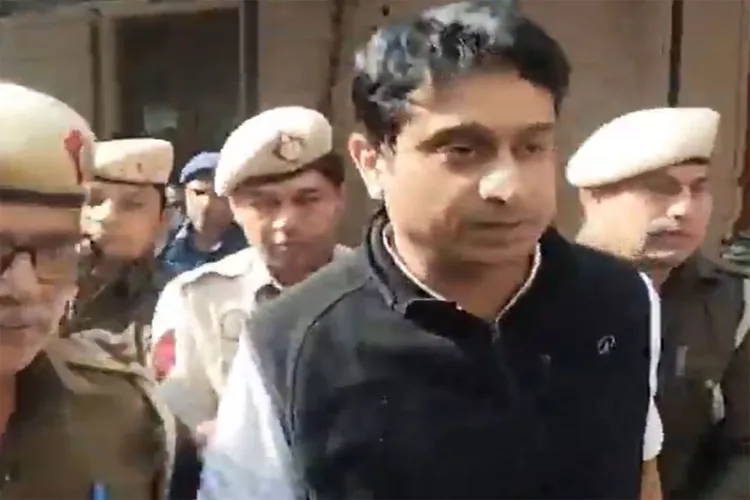
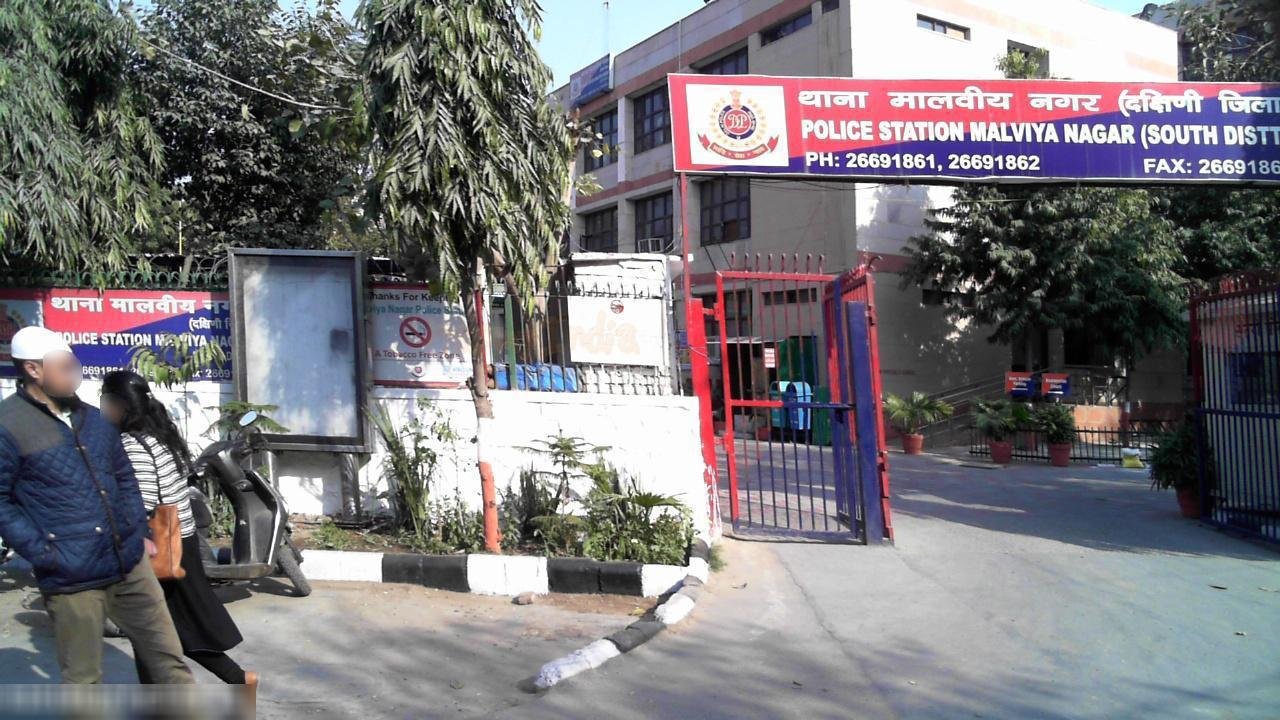
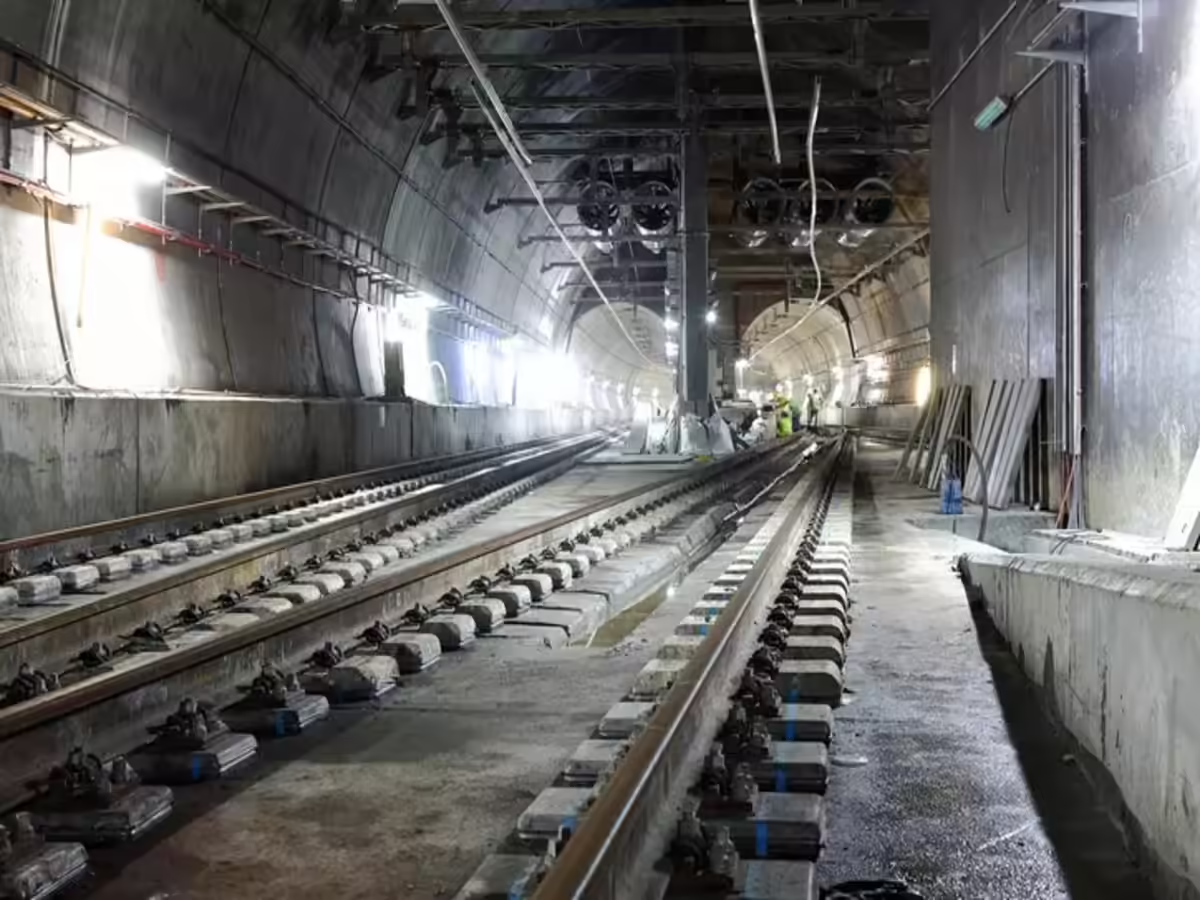
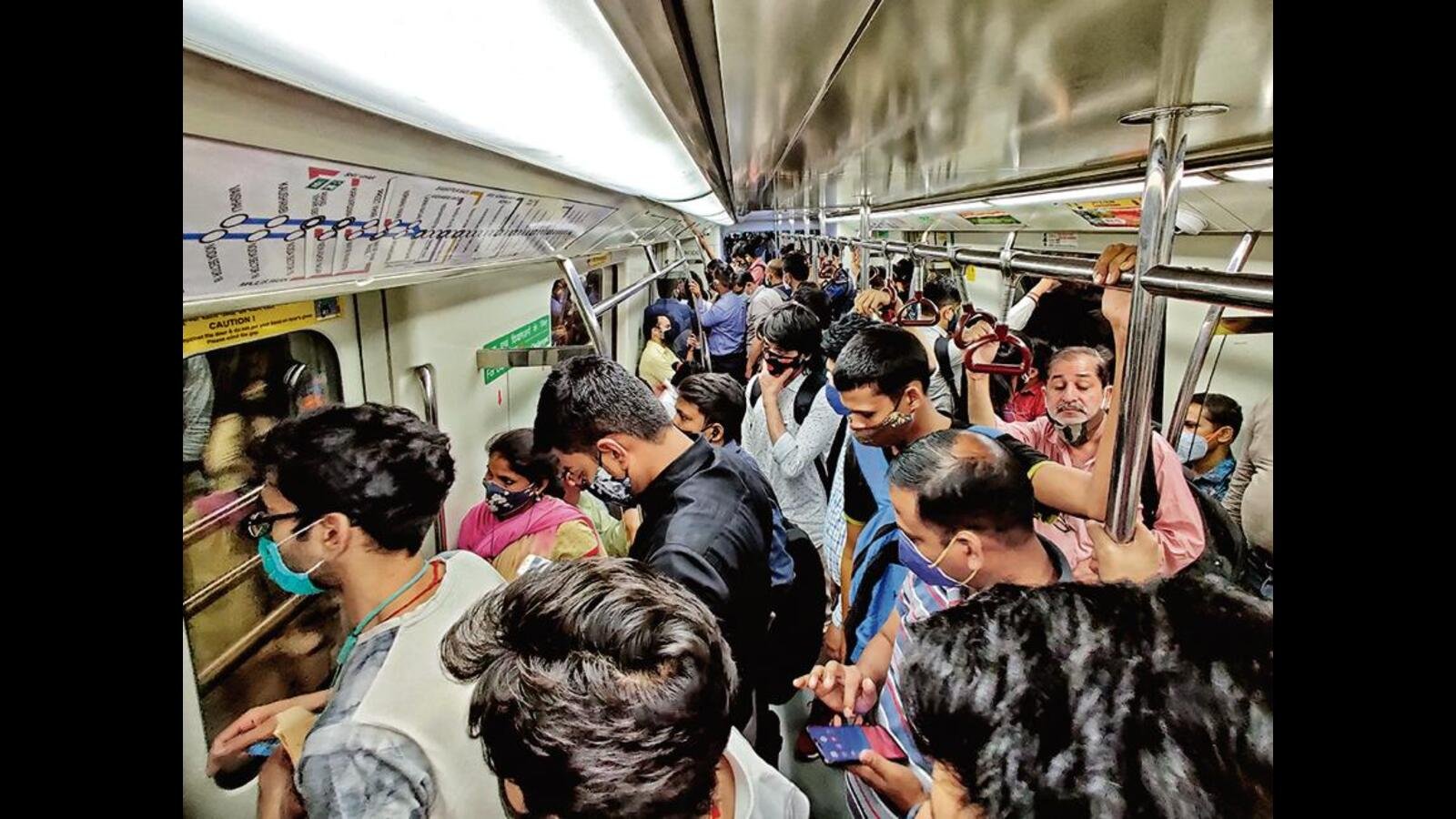
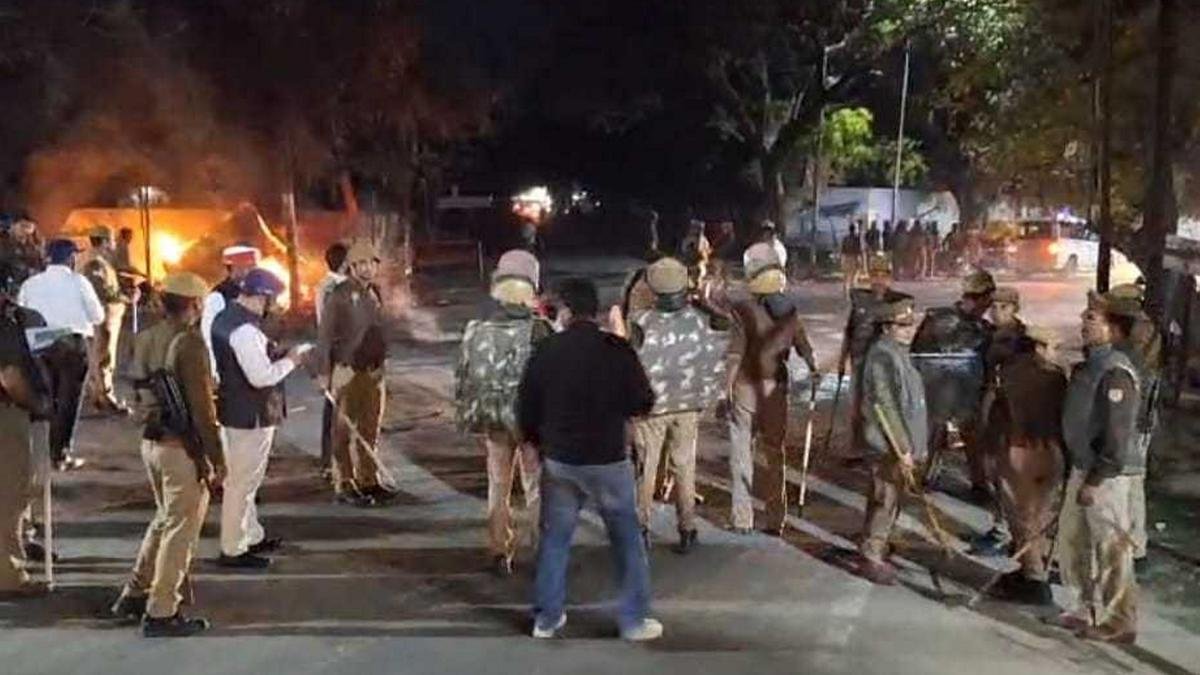
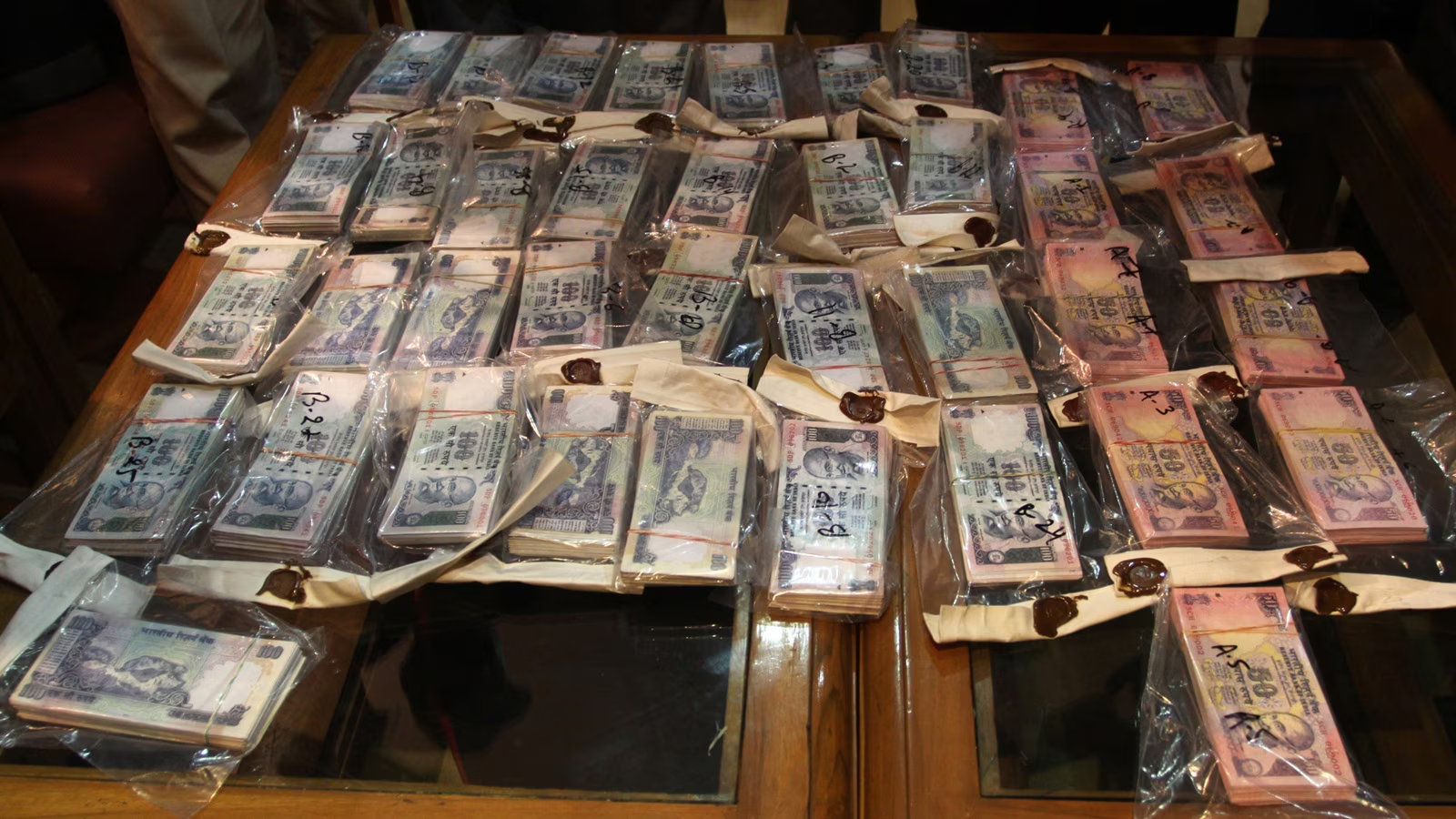
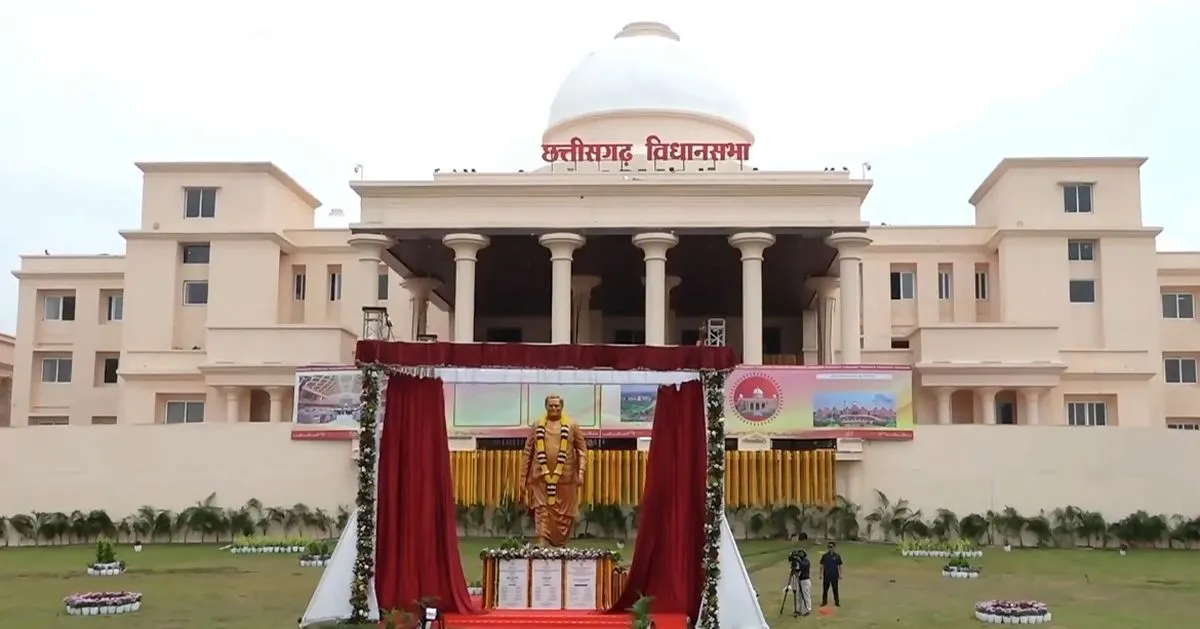

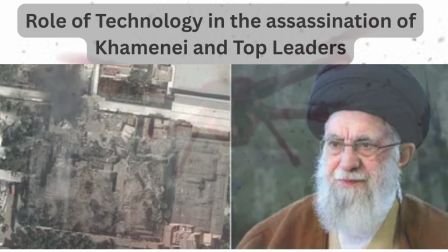
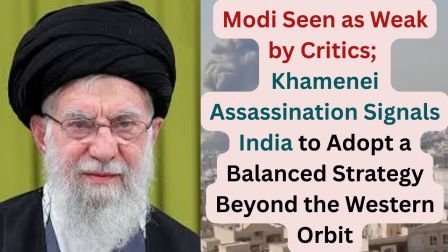
Leave a Reply